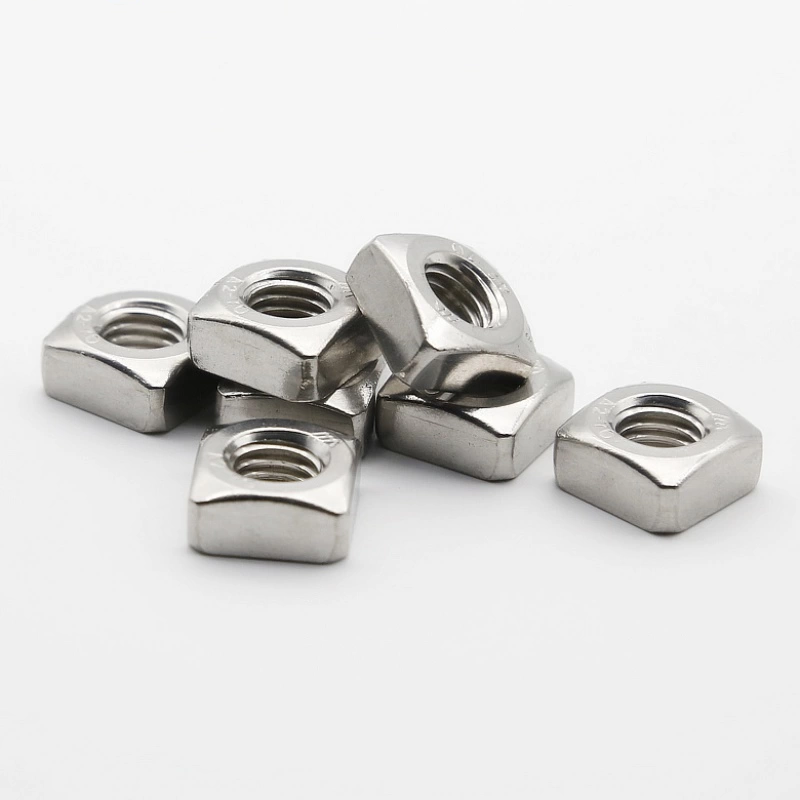

selftapping metal screws
ডিসে. . 07, 2024 15:20 Back to list
selftapping metal screws
The Versatility and Utility of Self-Tapping Metal Screws
Self-tapping metal screws have revolutionized the construction and manufacturing industries with their unique design and functionality. Unlike traditional screws, which require pre-drilled holes, self-tapping screws are engineered to create their own thread as they are driven into the material. This feature not only simplifies the installation process but also enhances the efficiency and strength of connections in various applications.
Structure and Design
The design of self-tapping screws is particularly suited for use with metal and hard materials. They often feature a sharp point that facilitates penetration, along with a thread profile that provides superior grip in the substrate. Unlike other screws, self-tapping screws have a tapered tip that allows them to easily pierce metal surfaces, making them ideal for projects involving steel, aluminum, and other metallic components.
The threads of self-tapping screws can vary significantly in design. Some have coarse threads for use in softer materials, while others have finer threads better suited for harder metals. There are also variations such as Type A screws, which are intended for use in thin materials, and Type B screws, designed for thicker substrates. This versatility allows engineers and contractors to select the ideal screw type based on the specific requirements of their projects.
Advantages of Self-Tapping Metal Screws
One of the primary advantages of using self-tapping screws is the time-saving aspect. Because they do not require pre-drilling, contractors can greatly reduce labor time, which can translate to lower costs for projects. This is particularly beneficial in large-scale applications, such as metal building construction, automotive manufacturing, and heavy machinery assembly.
selftapping metal screws

Self-tapping screws also provide a strong and reliable connection. By forming their own threads, these screws create a tight fit that effectively holds components together, even in high-stress environments. This strength is crucial in metal applications where structural integrity is essential. Additionally, many self-tapping screws are designed to be corrosion-resistant, making them suitable for use in outdoor and industrial environments where exposure to the elements is a concern.
Applications
The applications of self-tapping metal screws are vast and varied. In the construction industry, they are often used for securing metal roofing, siding, and insulation materials. In the automotive sector, these screws play a key role in assembling components such as frames and panels. Their reliability also makes them a popular choice for manufacturing electronic products, appliances, and machinery.
Moreover, self-tapping screws are gaining popularity in DIY projects and home improvement tasks. Homeowners often appreciate the ease of use and the ability to achieve professional results without the need for specialized tools or pre-drilling.
Conclusion
In conclusion, self-tapping metal screws are an indispensable tool in modern construction and manufacturing. Their unique ability to create threads as they penetrate materials allows for quick installation and provides strong, reliable connections. With a variety of designs available for different applications, these screws meet the diverse needs of industries while also appealing to DIY enthusiasts. As technology continues to advance, the development of even more specialized self-tapping screws is likely to enhance their utility and versatility, solidifying their place as a staple in both professional and amateur workspaces. Whether for large-scale projects or smaller repairs, self-tapping screws demonstrate their unmatched functionality and adaptability across a wide range of applications.
Latest news
-
Premium Fasteners Manufacturer | AI-Driven Solutions
NewsAug.01,2025
-
Hot Dip Galvanized Bolts - Hebei Longze | High Strength, Corrosion Resistance
NewsAug.01,2025
-
High-Strength Hot Dip Galvanized Bolts - LongZe | Corrosion Resistance, Custom Sizes
NewsAug.01,2025
-
Best Self Tapping Screws for Drywall - Fast & Secure Installation
NewsJul.31,2025
-
High-Strength Hot Dip Galvanized Bolts-Hebei Longze|Corrosion Resistance&Customization
NewsJul.31,2025
-
Hot Dip Galvanized Bolts-Hebei Longze Metal Products|Corrosion Resistance&High Strength
NewsJul.31,2025

